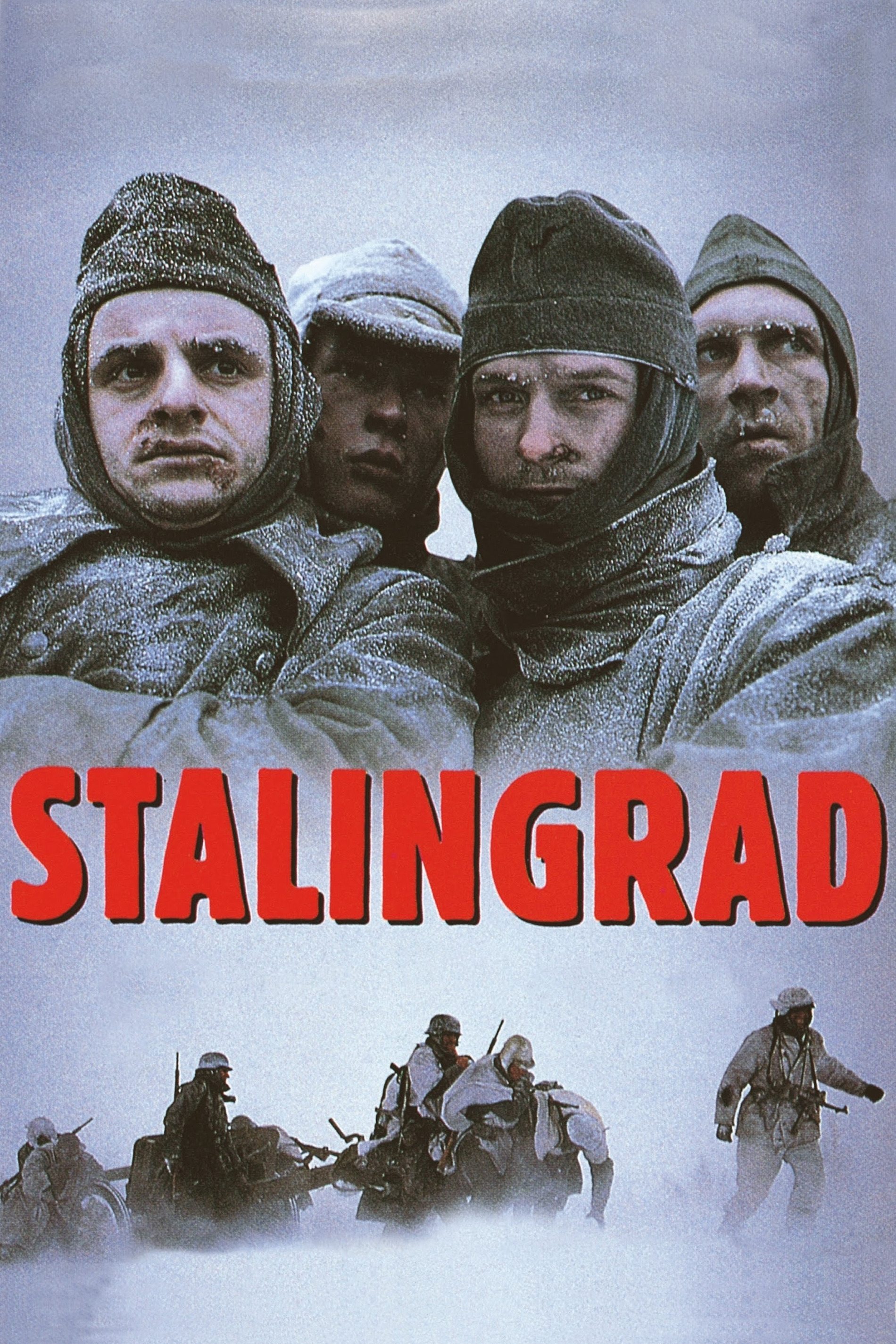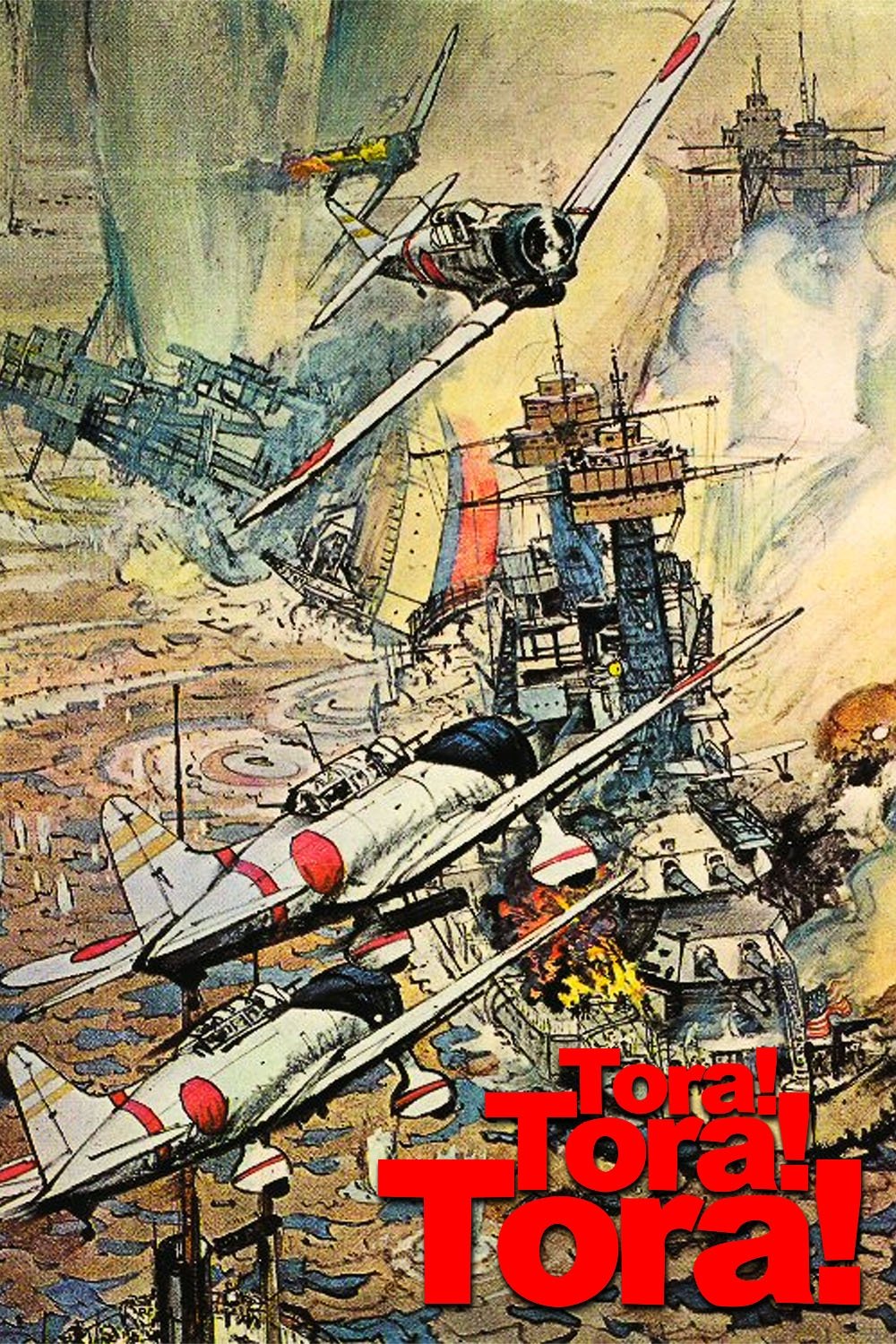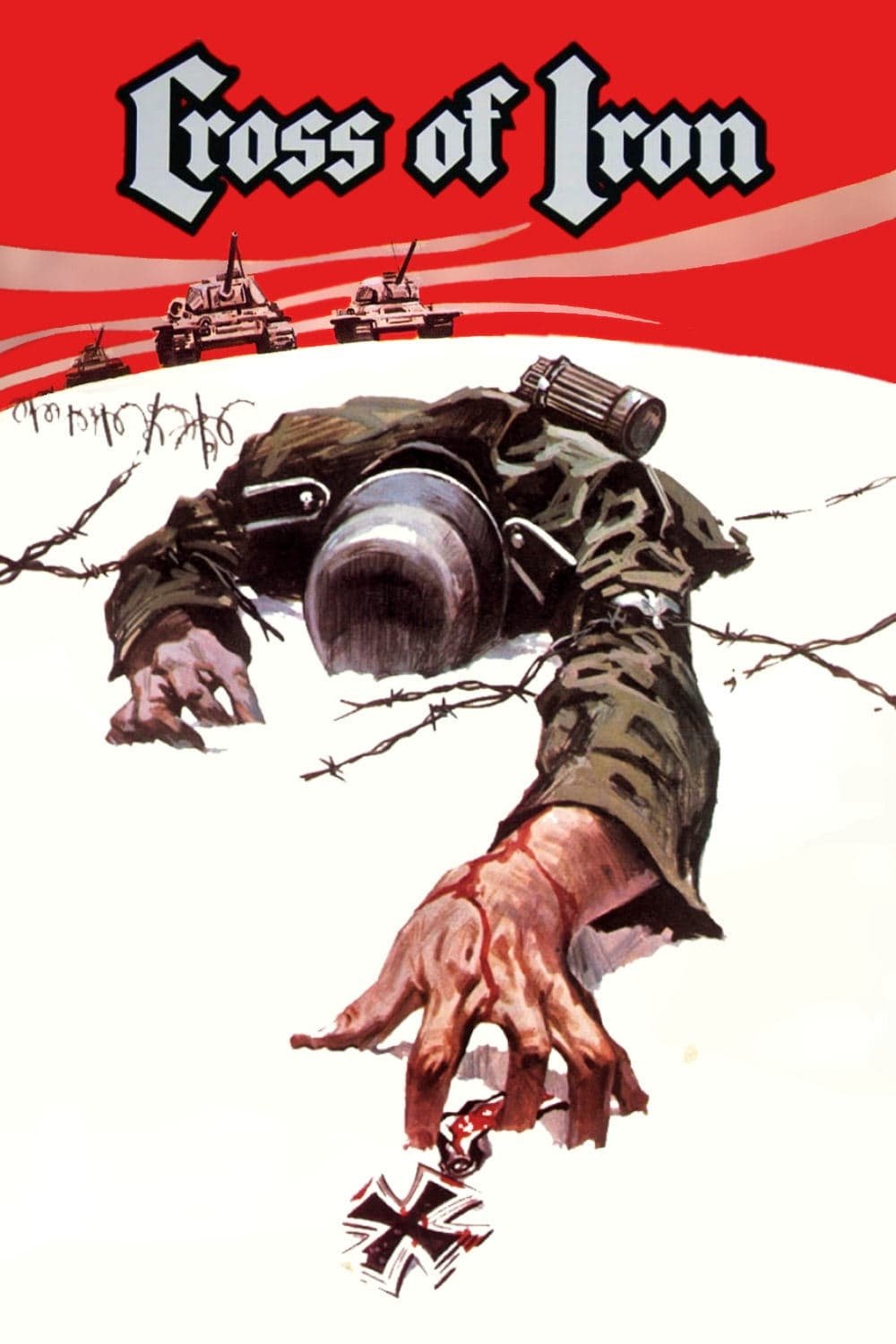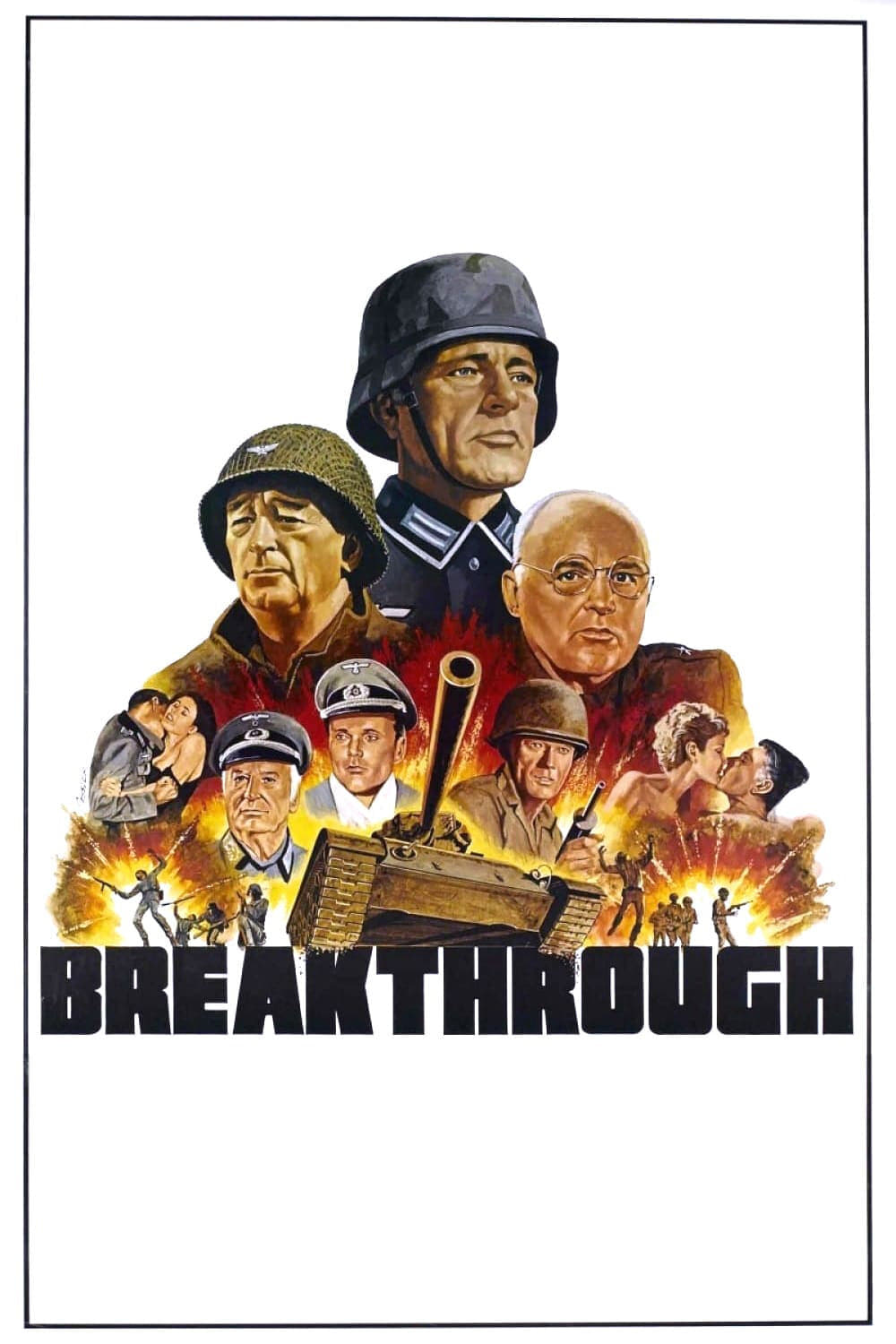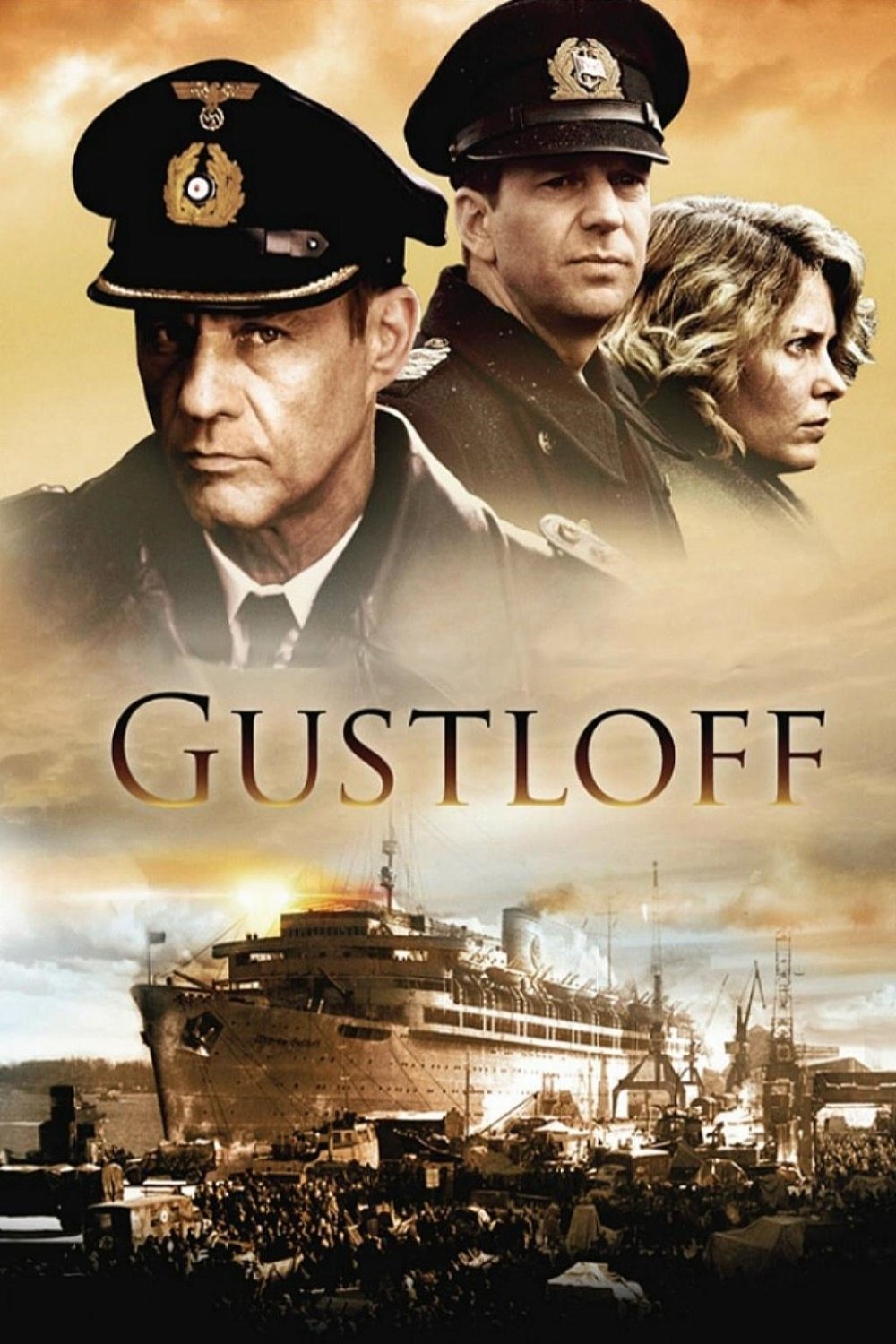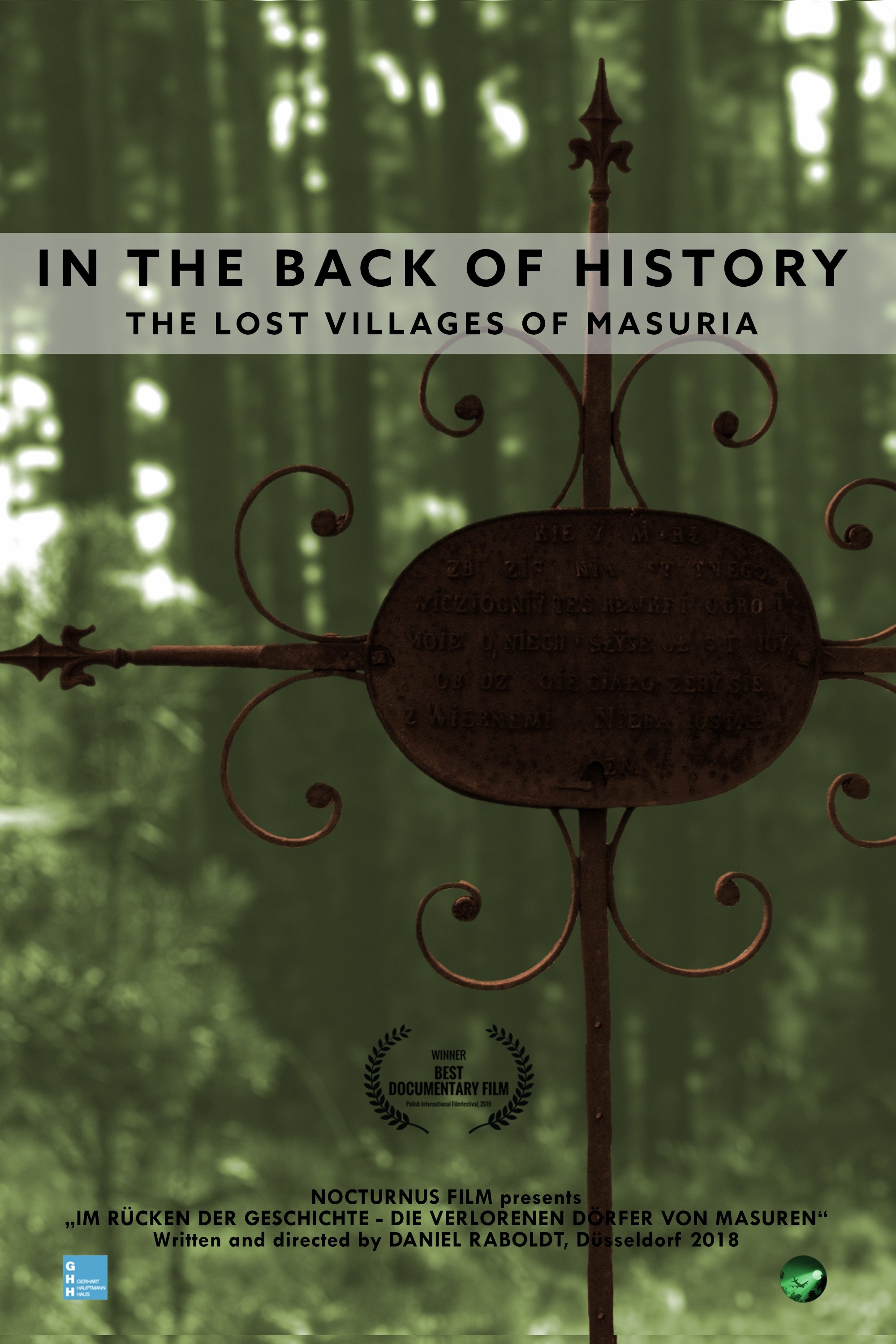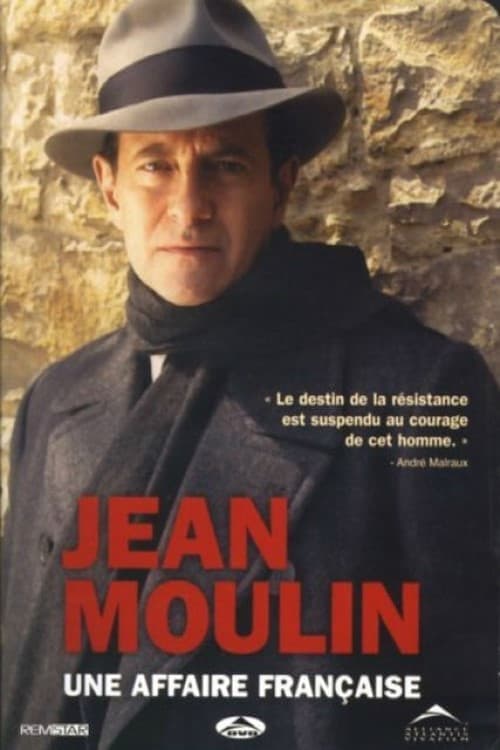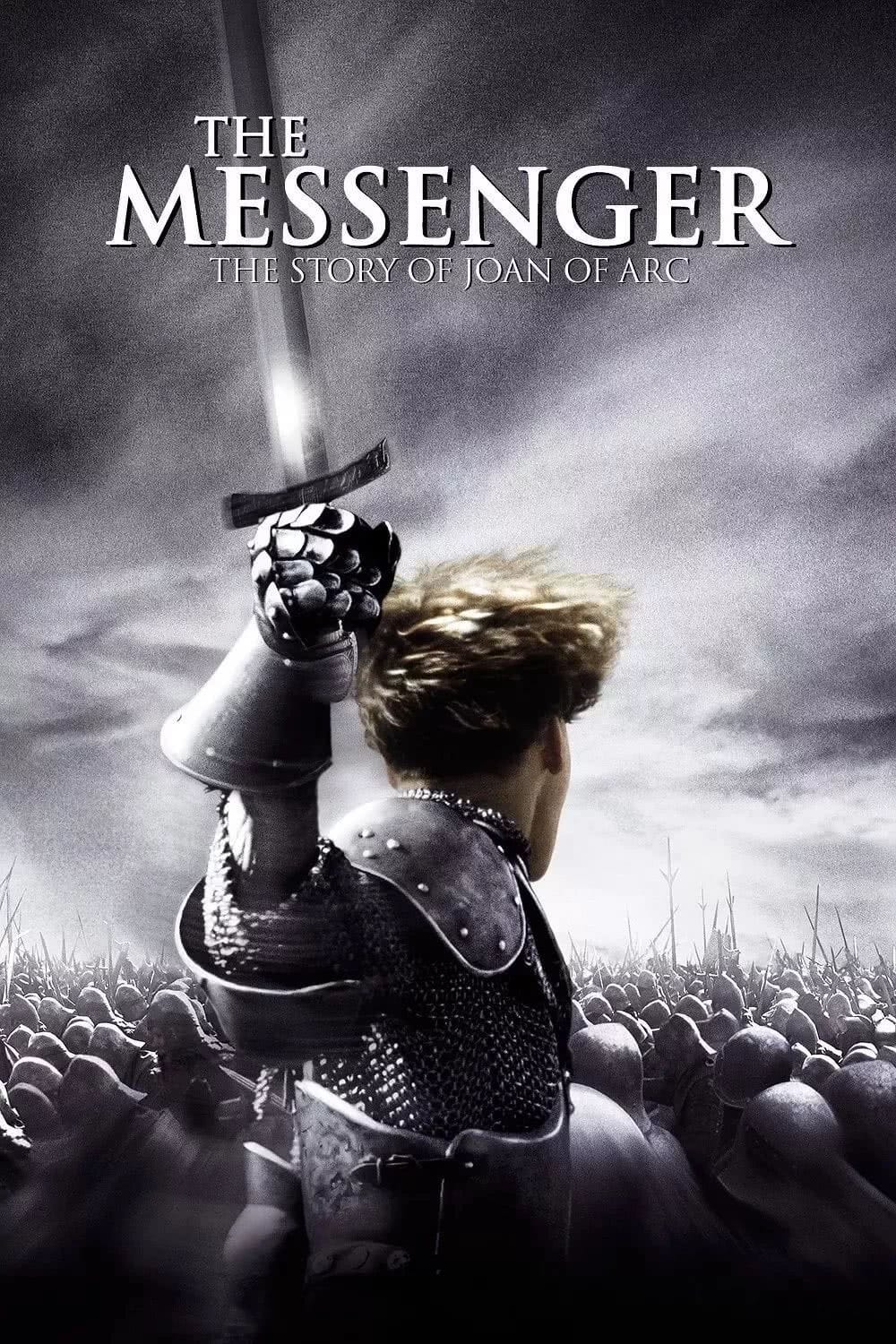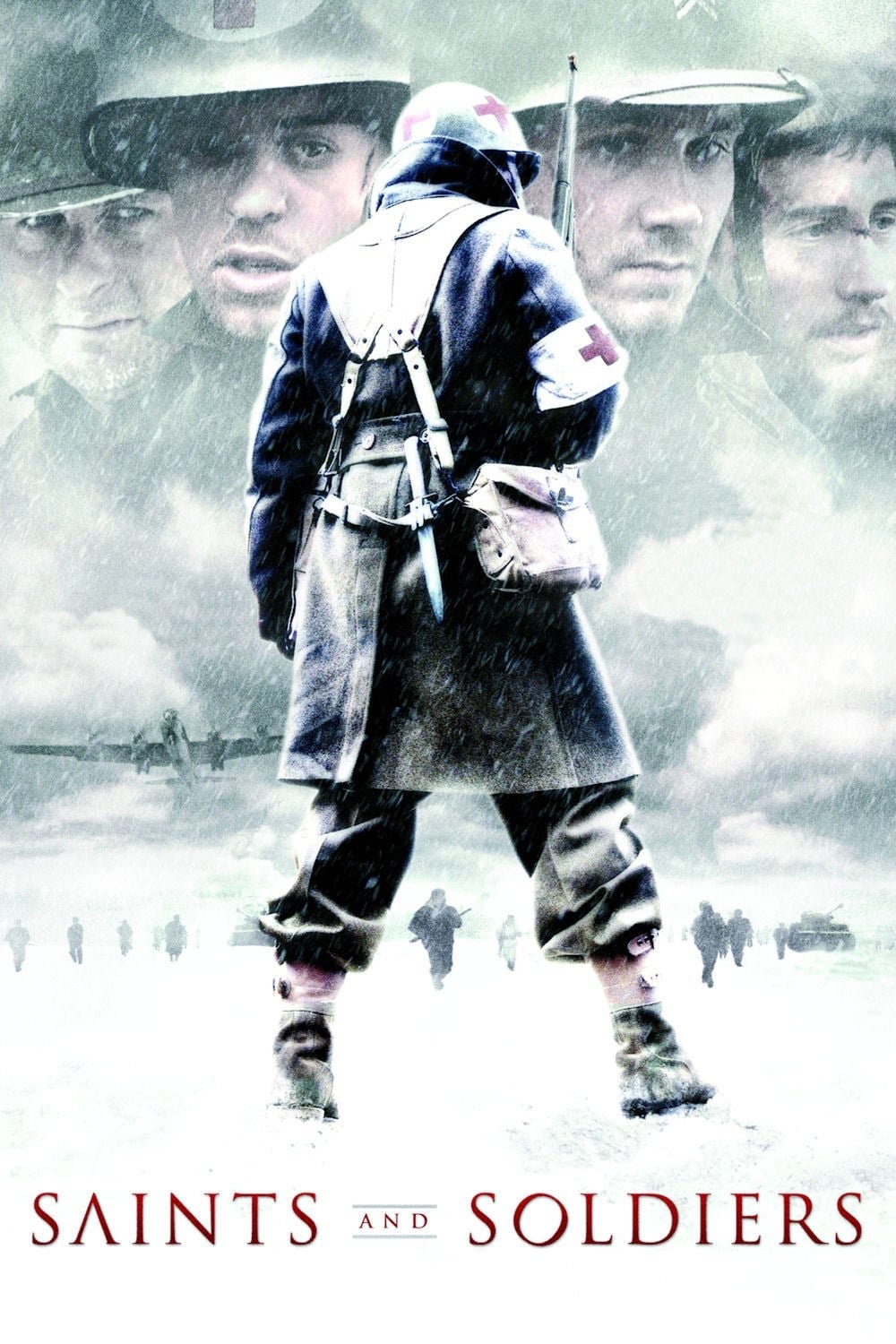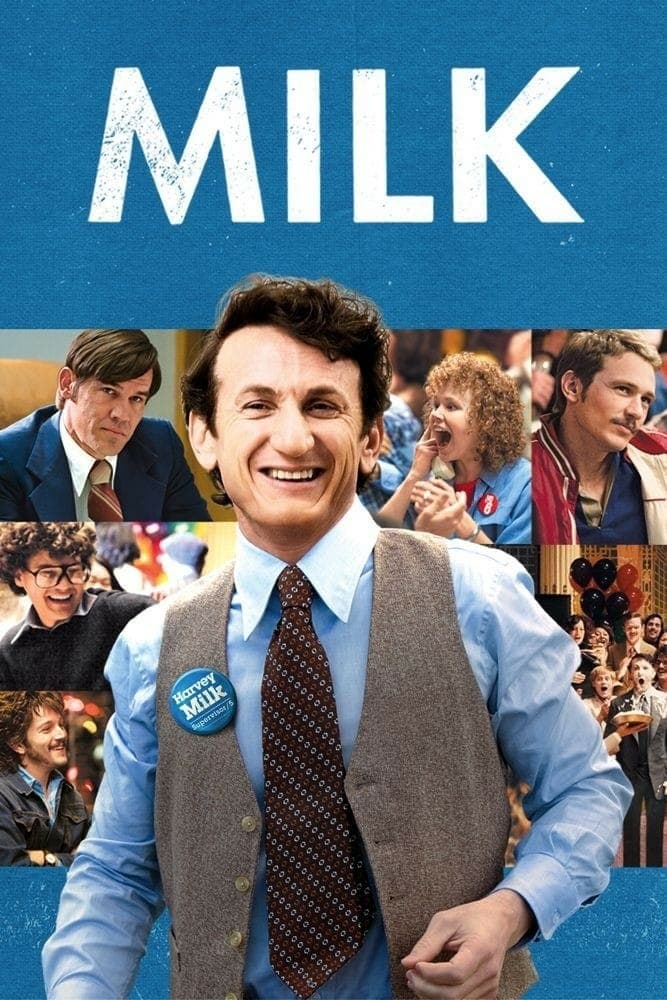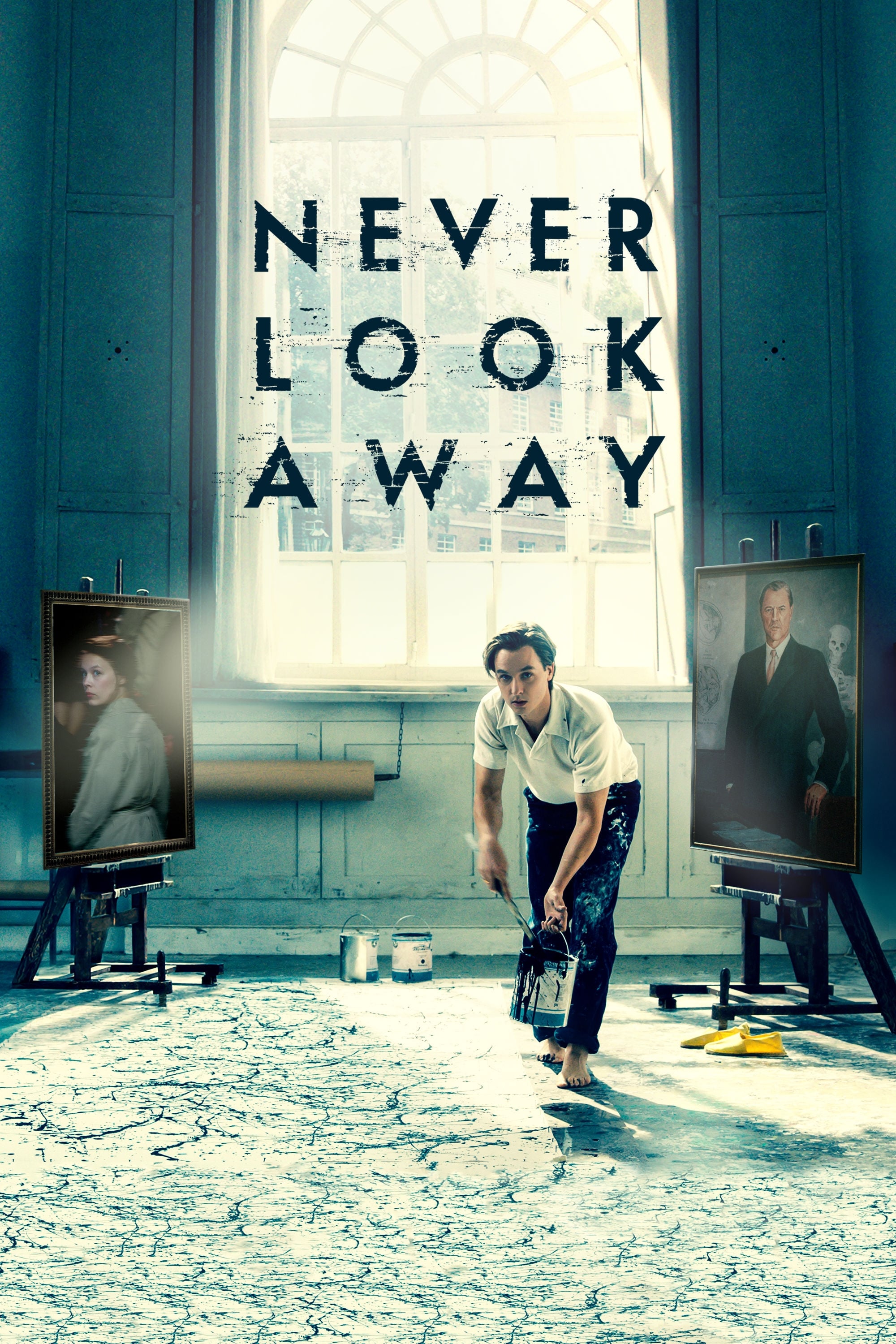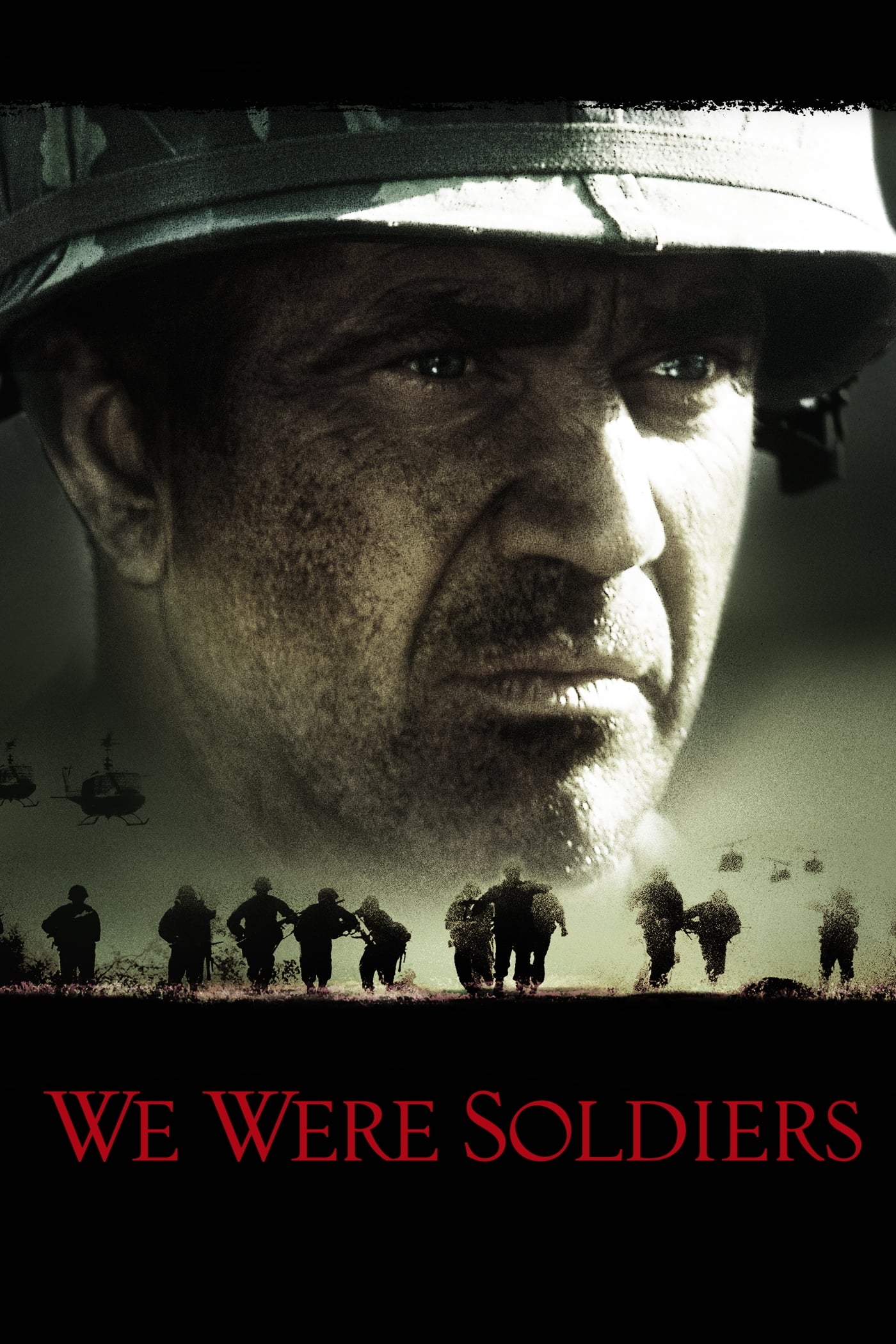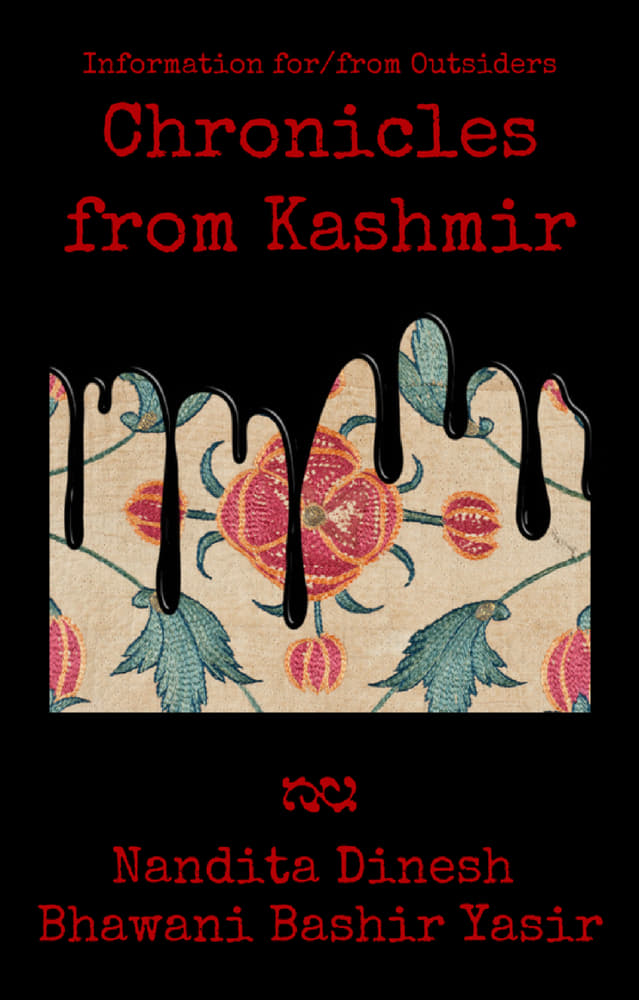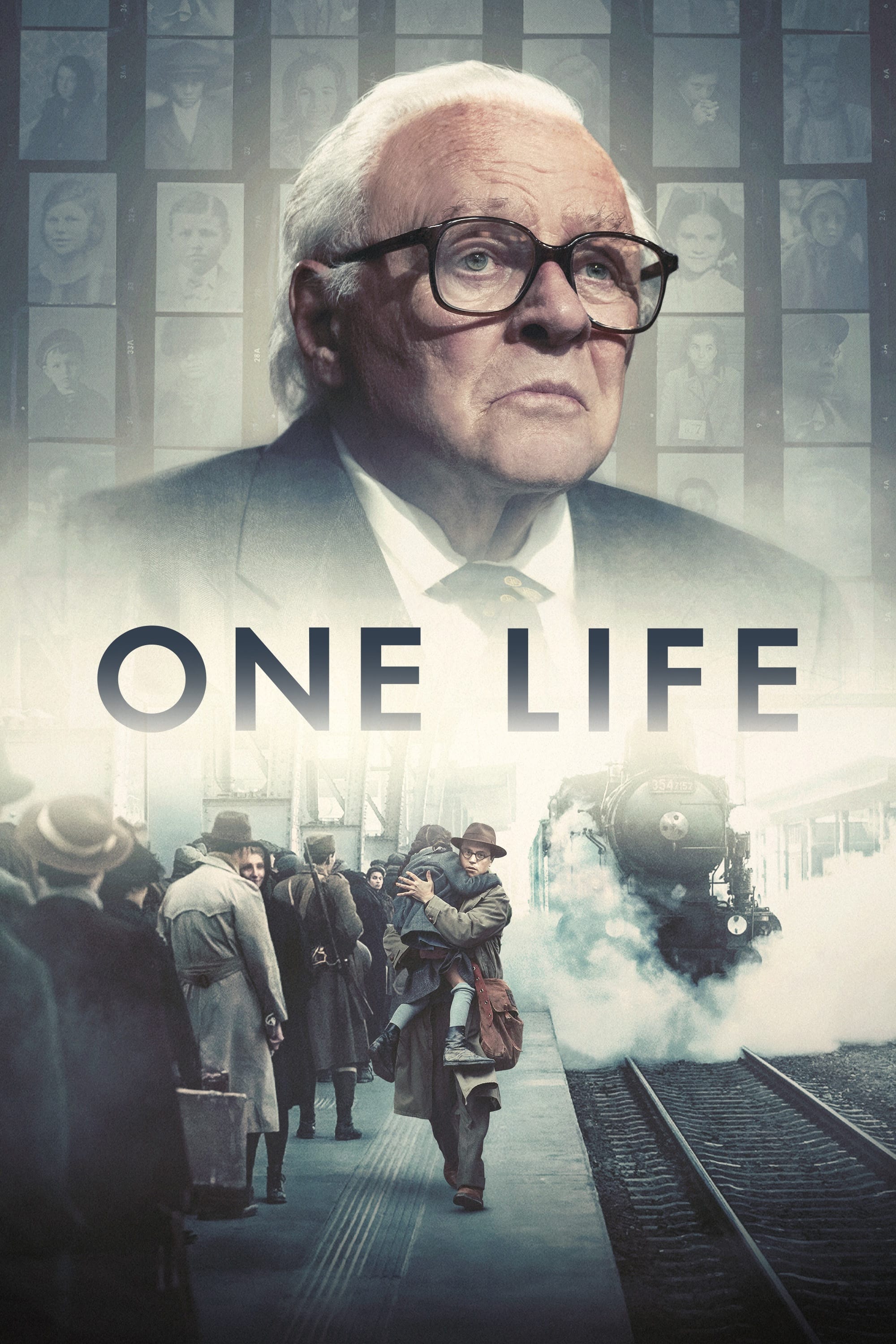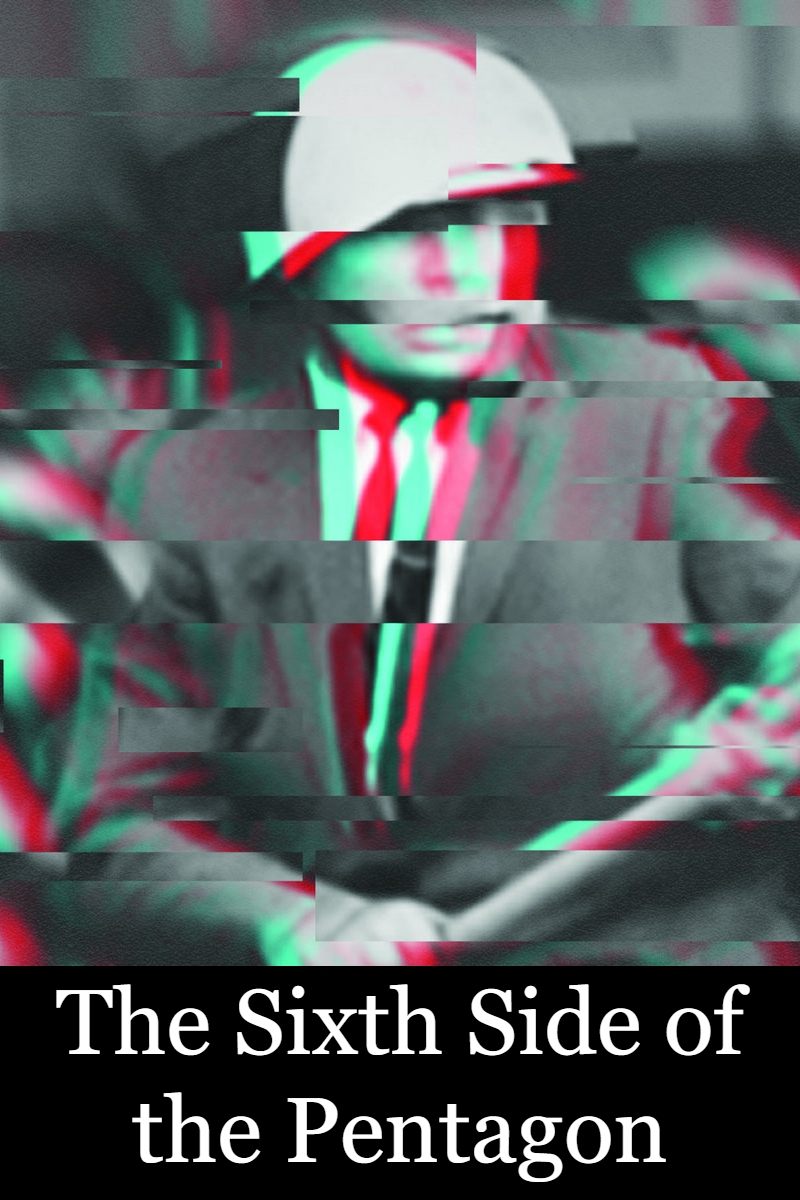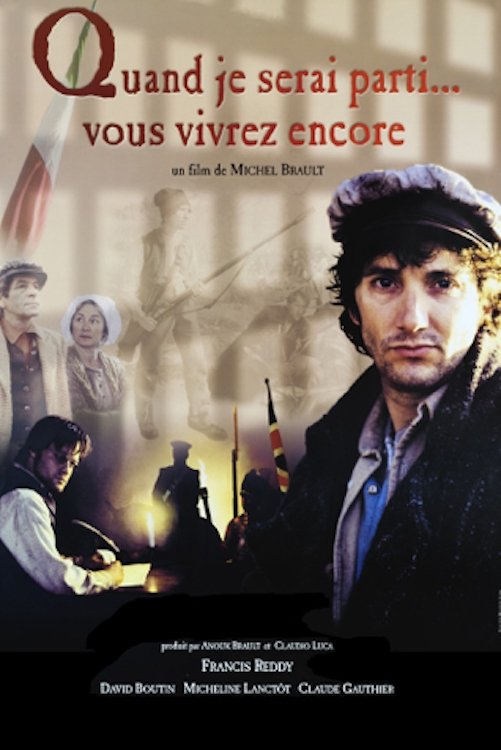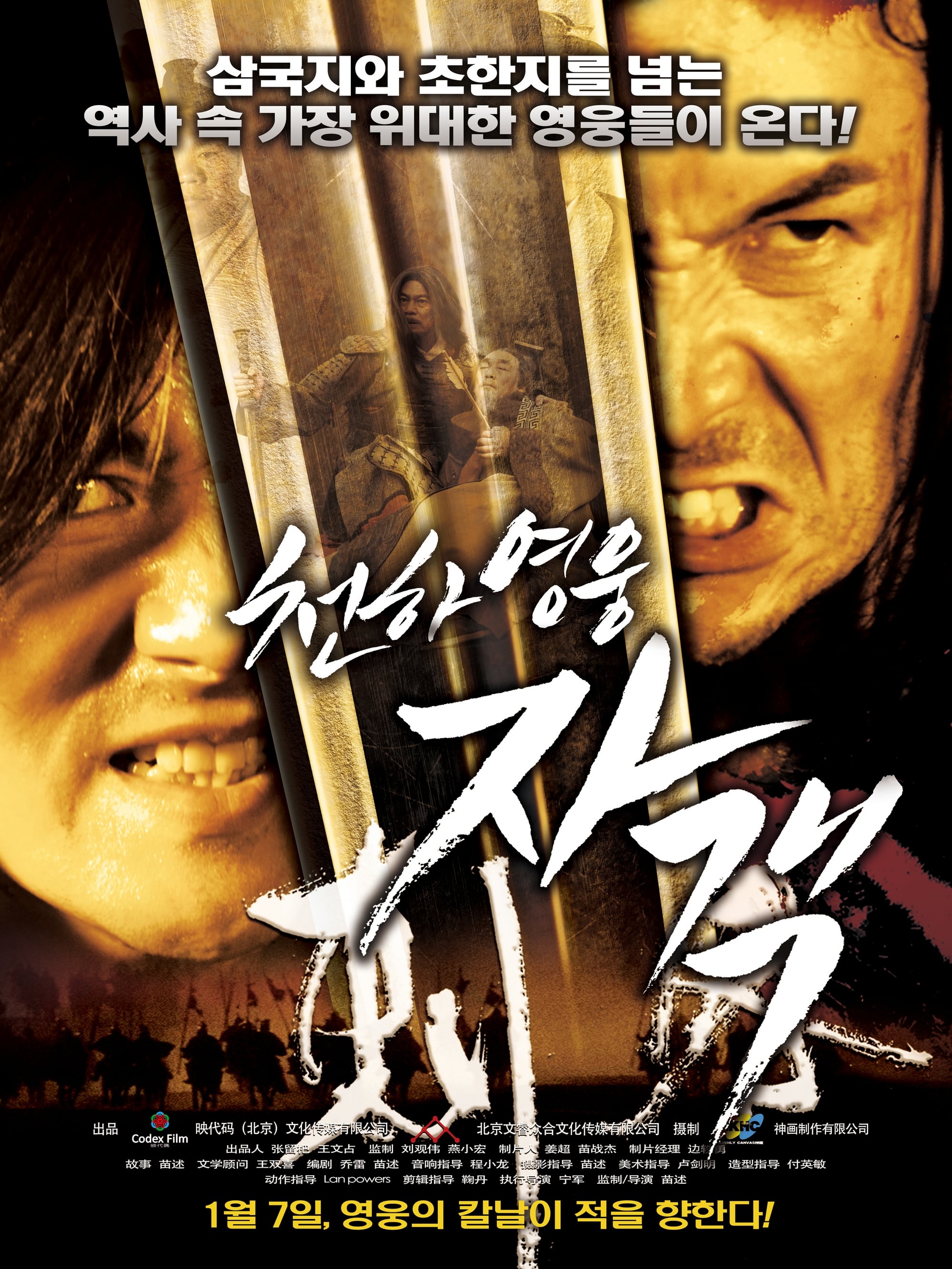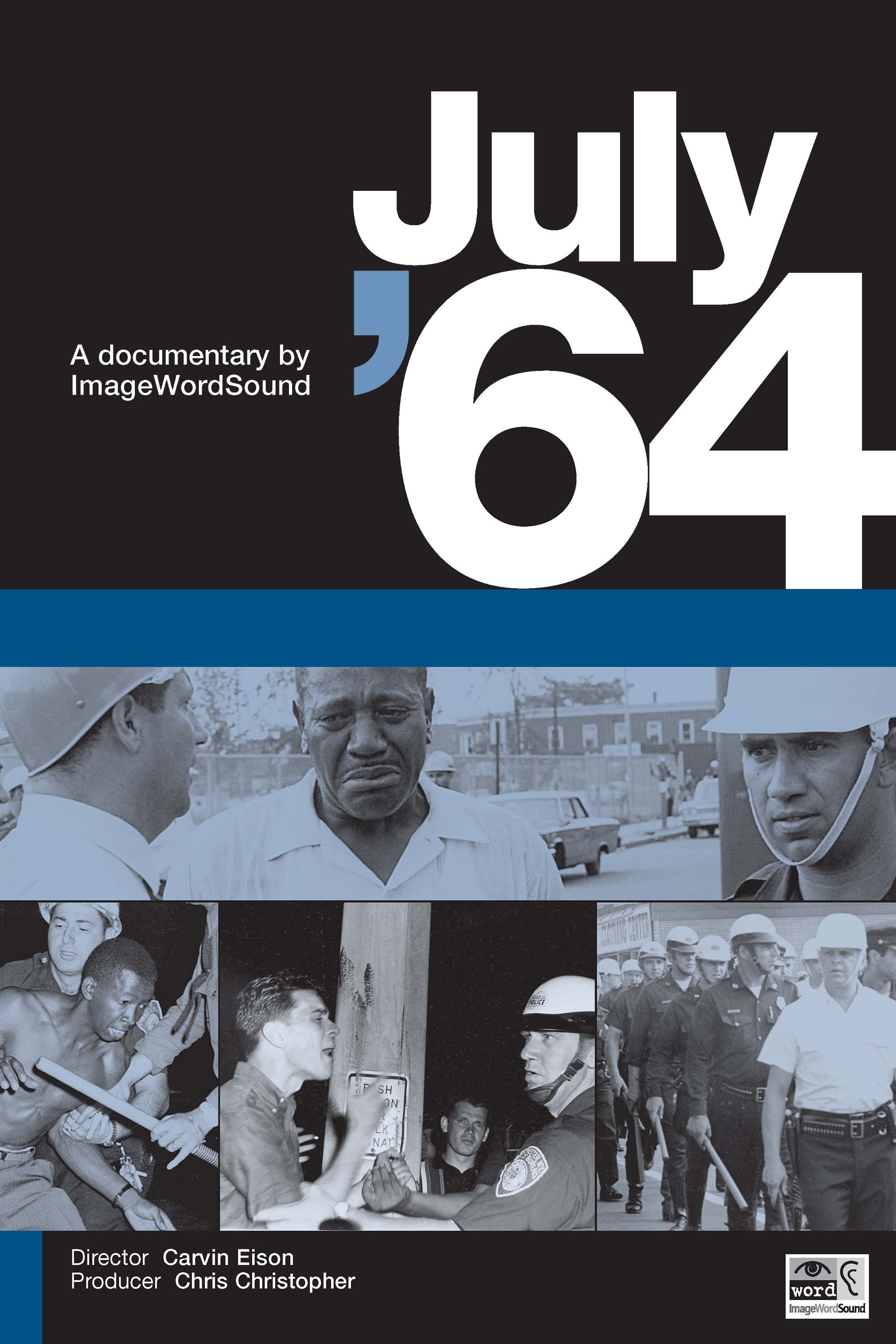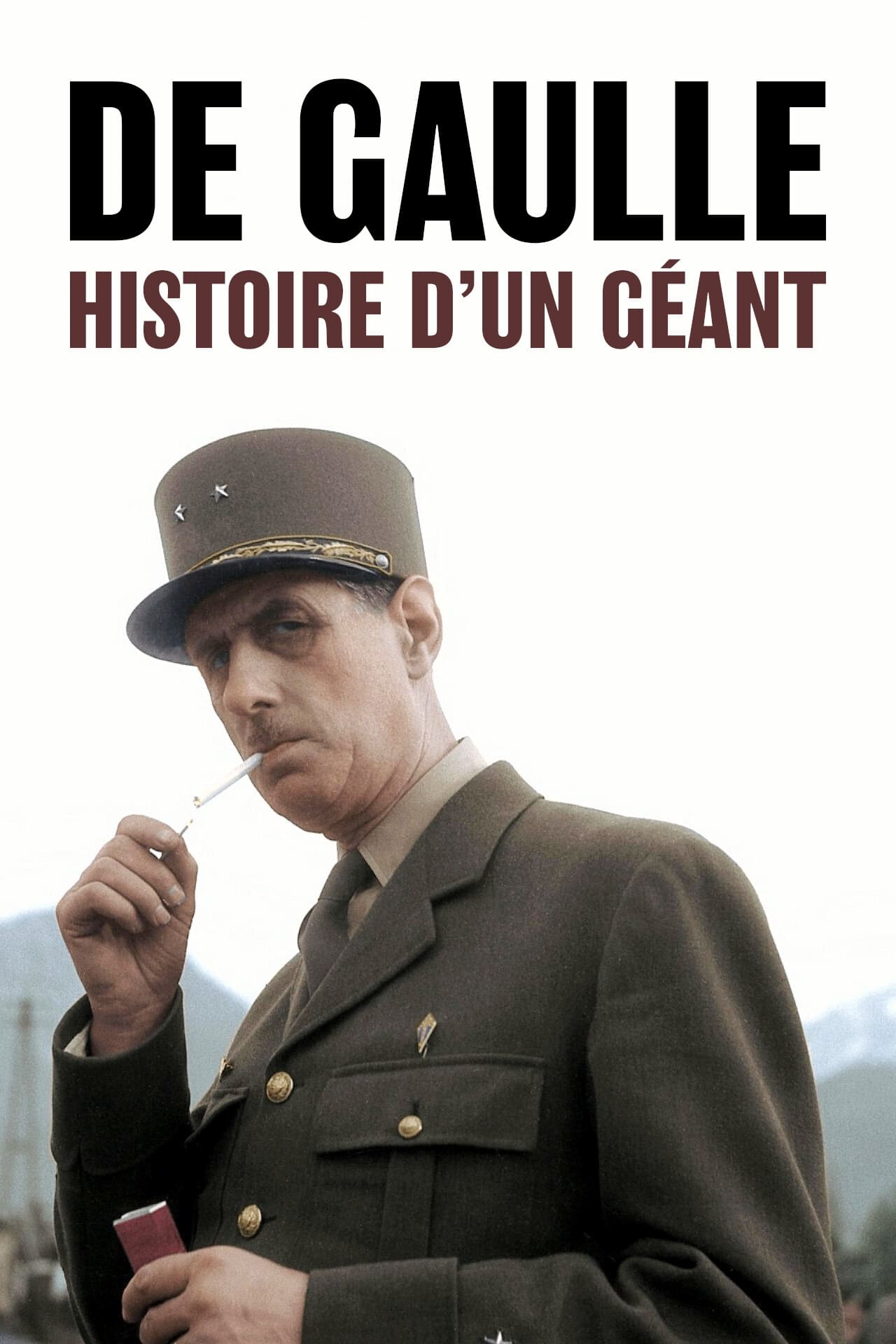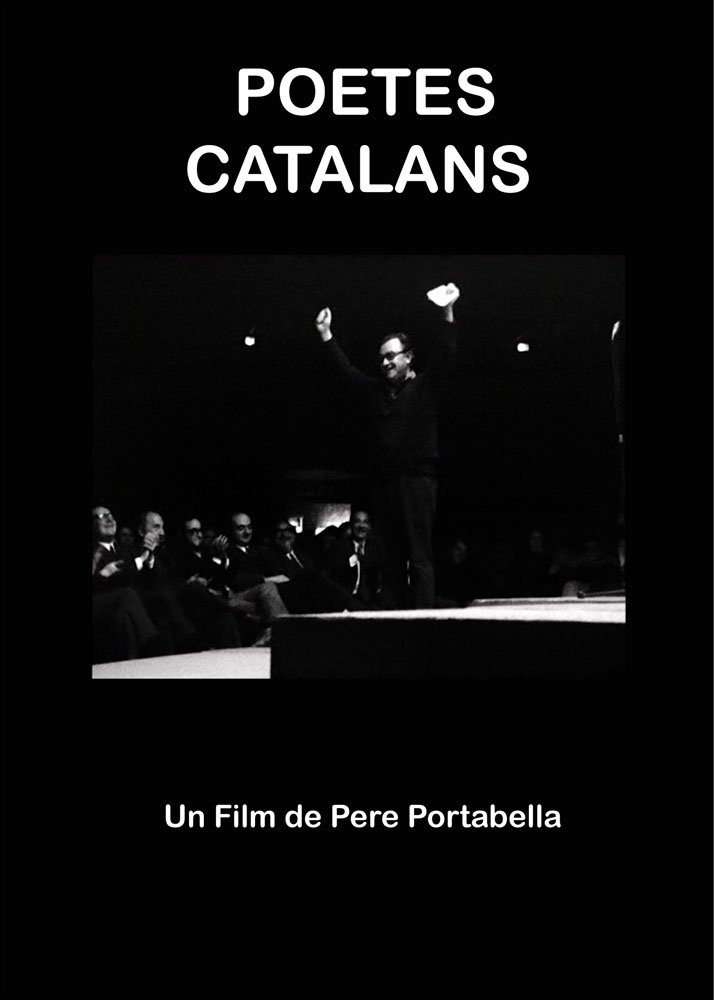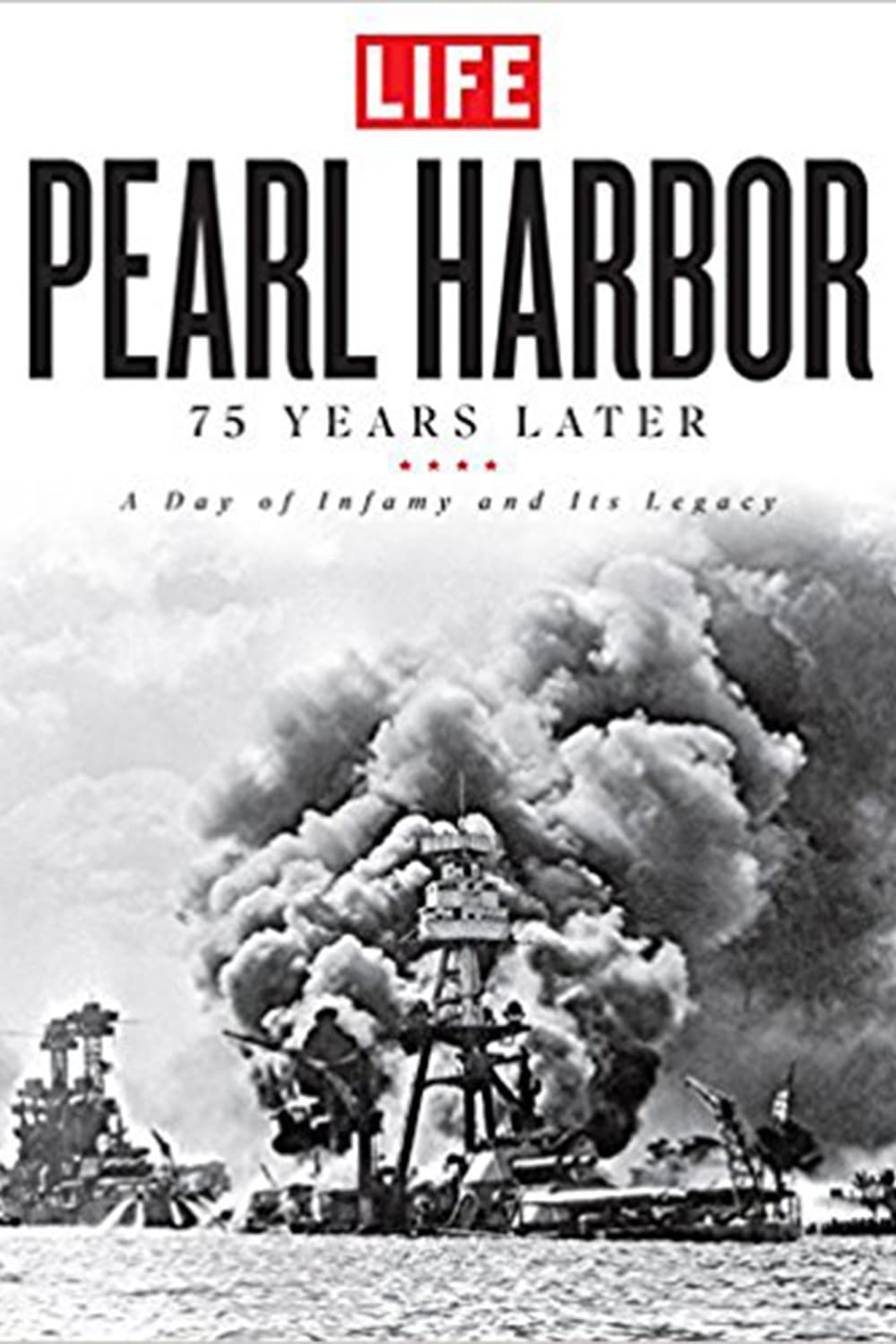
Pearl Harbor: 75 Years Later (2016)
Overview
This two-hour special looks back at Dec. 7, 1941 - the date that has indeed lived in infamy, as President Franklin Roosevelt promised - when imperial Japan attacked the U.S. naval forces in Hawaii, ushering America into World War II. The attack killed more than 2,400 people, wounded 1,000 and damaged or destroyed nearly 20 American ships and over 300 airplanes.
Production Companies

Additional Info
| Budget | $0.00 |
|---|---|
| Revenue | $0.00 |
| Original Language | en |
| Popularity | 0.301 |
Directed By
Crew
TOP CAST
Similar Movies
Stalingrad
A German Platoon is explored through the brutal fighting of the Battle of Stalingrad. After half of their number is wiped out and they're placed under the command of a sadistic captain, the platoon lieutenant leads his men to desert. The platoon members attempt escape from the city, now surrounded by the Soviet Army.
Tora! Tora! Tora!
In the summer of 1941, the United States and Japan seem on the brink of war after constant embargos and failed diplomacy come to no end. "Tora! Tora! Tora!", named after the code words use by the lead Japanese pilot to indicate they had surprised the Americans, covers the days leading up to the attack on Pearl Harbor, which plunged America into the Second World War.
Cross of Iron
It is 1943, and the German army—ravaged and demoralised—is hastily retreating from the Russian front. In the midst of the madness, conflict brews between the aristocratic yet ultimately pusillanimous Captain Stransky and the courageous Corporal Steiner. Stransky is the only man who believes that the Third Reich is still vastly superior to the Russian army. However, within his pompous persona lies a quivering coward who longs for the Iron Cross so that he can return to Berlin a hero. Steiner, on the other hand is cynical, defiantly non-conformist and more concerned with the safety of his own men rather than the horde of military decorations offered to him by his superiors.
Breakthrough
Starting in late May 1944, during the German retreat on the Eastern Front, Captain Stransky (Helmut Griem) orders Sergeant Steiner (Richard Burton) to blow up a railway tunnel to prevent Russian forces from using it. Steiner's platoon fails in its mission by coming up against a Russian tank. Steiner then takes a furlough to Paris just as the Allies launch their invasion of Normandy.
M/S Gustloff
Joseph Vilsmaier Two-part TV movie focuses on the tragic events surrounding the sinking of the Wilhelm Gustloff, a German passenger ship, at the end of World War II. On 30 January 1945, Captain Hellmuth Kehding was in charge of the ship, evacuating wounded soldiers and civilians trapped by the Red Army. Soon after leaving the harbor of Danzig, it was hit by three torpedoes from the Soviet submarine and sank in less than an hour.
In the back of history - The lost villages of Masuria
In September of 2017 German writer and director Daniel Raboldt accompanied a group of German and Polish scientists and students into the woods of Masuria, Poland. The expedition aimed to find traces of the so-called "lost villages", left by the Masurians around 1945 by the end of the Second World War. Today only some of the old graveyards can be found deep in the woods of the beautiful Masurian landscape. The documentary "In the back of history - The lost villages of Masuria" shows the students at their work in the historic archives and in the woods. How conclusive can this kind of historic research be? How much can we really learn by looking through old files or other sources? And what can we learn from the vanishing of the Masurians? Do we face similar problems today? The film dives deep into themes like the rise of nationalism and identity and uncovers the tragic end of a population that was asked one simple question in the early 20th century: Stay or Leave?
Jean Moulin, une affaire française
Drama set in the Second World War, focused on Jean Moulin, hero, martyr and symbol of the French resistance and the patriotism during the dark years of Nazi occupation.
The Messenger: The Story of Joan of Arc
In 1429, a French teenager stood before her King with a message she claimed came from God; that she would defeat the world's greatest army and liberate her country from its political and religious turmoil. As she reclaims God's diminished kingdom, this courageous young woman has various amazing victories until her violent and untimely death.
Saints and Soldiers
Five American soldiers fighting in Europe during World War II struggle to return to Allied territory after being separated from U.S. forces during the historic Malmedy Massacre.
Never Look Away
German artist Kurt Barnert has escaped East Germany and now lives in West Germany, but is tormented by his childhood under the Nazis and the GDR regime.
We Were Soldiers
The story of the first major battle of the American phase of the Vietnam War and the soldiers on both sides that fought it.
Information for/from Outsiders: Chronicles from Kashmir
Chronicles from Kashmir seeks to create a sense of “balance”: between differently positioned voices that emerge when speaking about Kashmir; between differently placed narratives on the “victim”/“perpetrator” spectrum. While there is an inevitable streak of political commentary that runs throughout the work – a political current that cannot be escaped when talking about Kashmir – Chronicles from Kashmir does not espouse any one political ideology. We see ourselves as being artists and educators, using aesthetics and pedagogy to engage audiences with diverse perspectives from/about the Valley.
The Sixth Side of the Pentagon
On October 21, 1967, over 100,000 protestors gathered in Washington, D.C., for the Mobilization to End the War in Vietnam. It was the largest protest gathering yet, and it brought together a wide cross-section of liberals, radicals, hippies, and Yippies. Che Guevara had been killed in Bolivia only two weeks previously, and, for many, it was the transition from simply marching against the war, to taking direct action to try to stop the 'American war machine.' Norman Mailer wrote about the events in Armies of the Night. French filmmaker Chris Marker, leading a team of filmmakers, was also there.
The Long Winter
In 1838, Francois-Xavier Bouchard (Francis Reddy) fights beside his Quebec countrymen and the English minority.
Game of Assassins
Game of Assassins is about General Tu Jia who trains a trio of young assassins to seek revenge against villainous King of Wei. And one of the assassins succumbs to the dark side for temptation of wealth and power.
July '64
A historic three-day race riot erupted in two African American neighborhoods in the northern, mid-sized city of Rochester, New York. On the night of July 24, 1964, frustration and resentment brought on by institutional racism, overcrowding, lack of job opportunity and police dog attacks exploded in racial violence that brought Rochester to its knees. Combines historic archival footage, news reports, and interviews with witnesses and participants to dig deeply into the causes and effects of the historic disturbance.
De Gaulle, histoire d'un géant
50 years after the death of General De Gaulle, this film retraces his life, from his birth in 1890 to his burial at Colombey-Les-Deux-Eglises in 1970.
Catalan Poets
At underground film of the 1st Popular Festival of Catalan Poetry filmed in the Proce Theater in Barcelona on May 25, 1970, in solidarity with political prisoners. The participating poets were: Agustí Bartra, Joan Oliver (Pere IV), Salvador Espriu, Joan Brossa, Francesc Vallverdú and Gabriel Ferrater.
